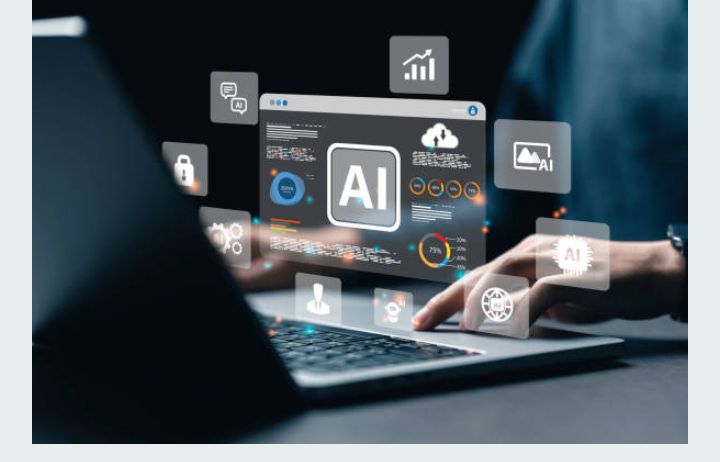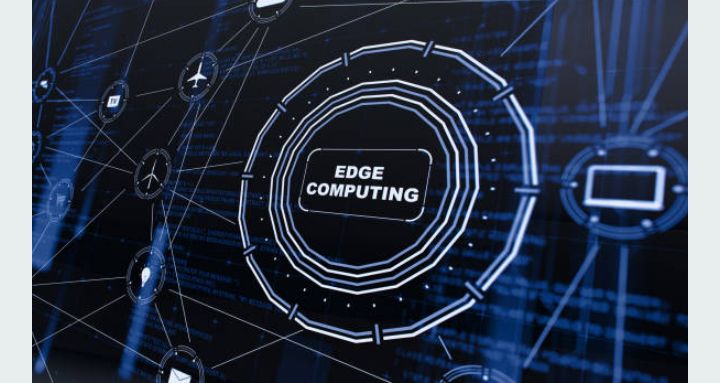The pace of technological advancement has accelerated over the past few decades, fundamentally transforming industries, societies, and economies. In 2024, several key technology trends are poised to reshape the future across various domains, from artificial intelligence to the green energy revolution. This overview highlights some of the most influential trends.

1. Artificial Intelligence (AI) and Machine Learning (ML)
Expansion AI and ML have matured rapidly, moving beyond theoretical applications into practical, real-world solutions. In 2024, AI continues to dominate as it becomes more sophisticated and integrated into daily life and business operations. Natural Language Processing (NLP), a subfield of AI, is advancing, enhancing human-computer interactions through more intuitive interfaces.
Chat bots and AI assistants are becoming increasingly capable of understanding context and emotions, which significantly improves customer service, healthcare, and personal productivity. One of the key drivers is generative AI, which is revolutionizing industries like content creation, design, and drug discovery. Tools such as GPT models can generate content, software code, and even assist in scientific research, making AI a co-creator in various fields.
Moreover, the integration of AI into cloud platforms allows smaller companies to harness its power without heavy investments in infrastructure. AI is also transforming sectors like healthcare with predictive analytics, where machine learning algorithms analyze large datasets to predict disease outbreaks or optimize treatment plans for patients. Meanwhile, AI-powered automation is reducing repetitive tasks in industries such as manufacturing, logistics, and even legal services.

2. Edge Computing and Internet of Things (IoT)
As the number of IoT devices grows exponentially, edge computing has emerged as a crucial trend to process data more efficiently. Edge computing refers to the practice of processing data closer to the source of data generation—often at the “edge” of the network—rather than relying on centralized cloud servers. This approach reduces latency, enhances security, and improves the performance of IoT applications.In 2024, edge computing is expected to see wider adoption in industries such as autonomous vehicles, smart cities, and industrial automation.





